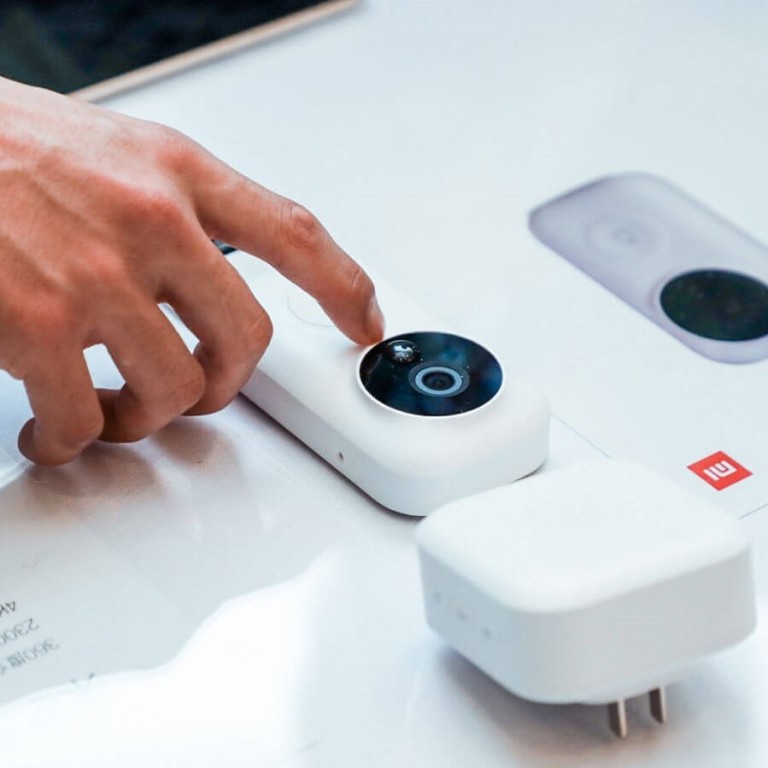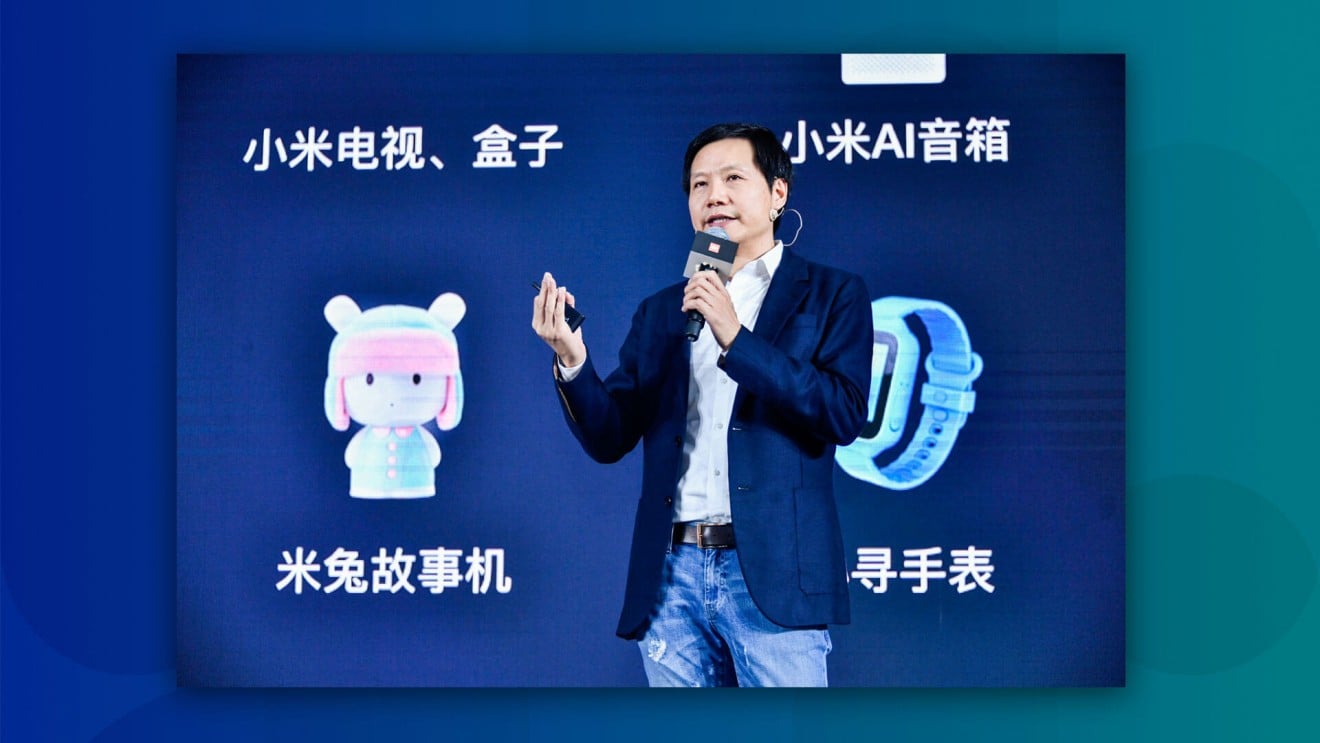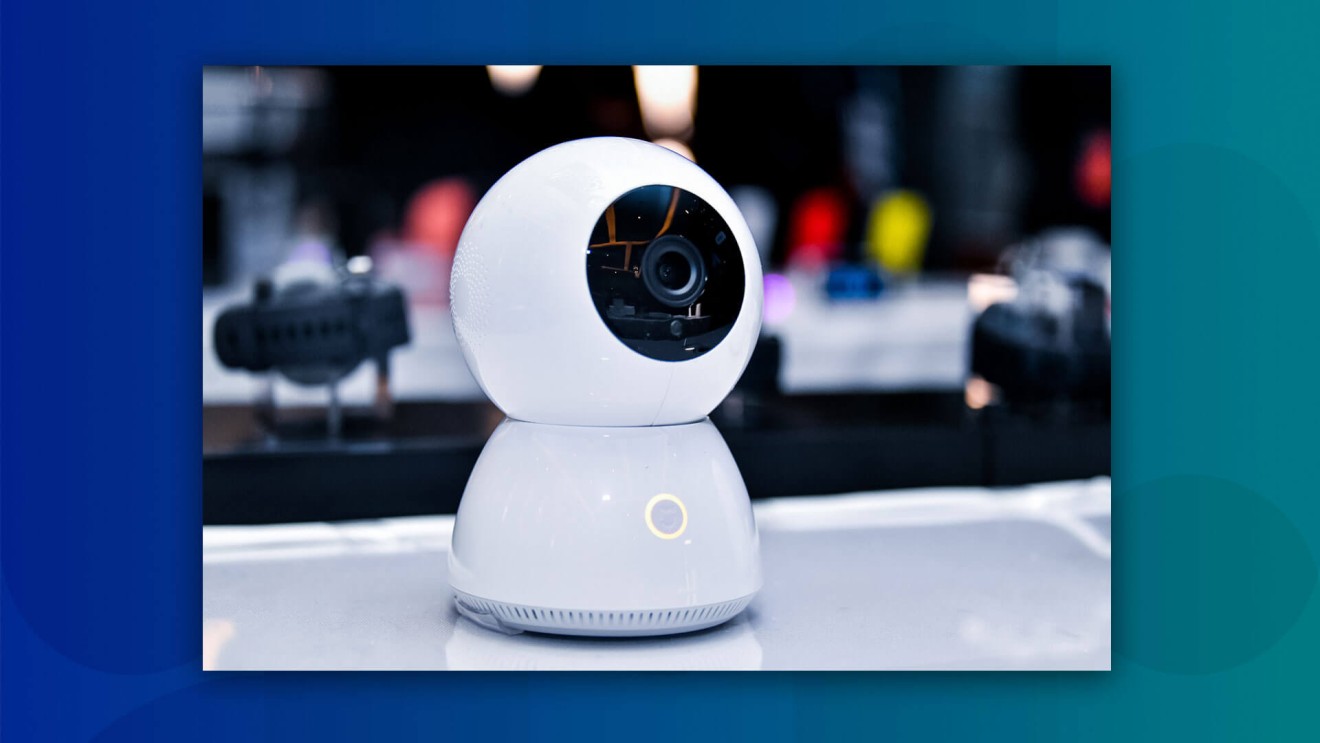
Xiaomi's voice assistant fails in public again (but it can control Ikea lights)
Lei Jun says "do you make mistakes every time there’s a demonstration?"
Xiaomi CEO Lei Jun’s presentation of Xiaomi’s virtual assistant Xiao Ai on Wednesday was described by some as a train wreck.
"What can you do?” Lei asked Xiao Ai.
"I’m still too young, this question is too hard," the AI voice assistant said, speaking through a tiny Bluetooth speaker.
"Xiao Ai, what is 125 plus 357 plus 567?” Lei asked again. Xiao Ai kept silent.
“Xiao Ai, do you make mistakes every time there’s a demonstration?,” said Lei, laughing after the voice assistant failed to deliver correct answers to an audience gathered at Xiaomi’s AIoT conference in Beijing.

Despite not dazzling the audience, Xiao Ai made a pretty good deal for itself that day. The voice assistant will be able to control Ikea's smart devices like lamps, under a new strategic cooperation deal with the Swedish furniture maker.
Wait, what? Ikea has smart devices? The trendy furniture seller launched its own connected devices in March 2017 under the name Trådfri, including lights and sensors. (We just hope that connecting them is not as painful as assembling its furniture.)
Despite its ambitions, Ikea does seem to be lagging behind in the tech department. For one thing, the company still doesn't offer online purchasing in China except in Shanghai. This is a capital offense for a brand in a country where you can get everything delivered to your door, from live crabs to construction materials.

Xiaomi is also working on an AI+IoT ecosystem with Baidu. During the Beijing conference, the company announced it had established a 100 million yuan (US$14.4 million) incentive fund for potential developers.
Although it first made its mark with smartphones, Xiaomi has quickly expanded into other areas. It is now incubating and investing in more than 200 start-ups through its Mi Ecosystem, offering products ranging from fitness bands to Roomba-like vacuum machines.
How Xiaomi forged a unique path
More recently, Xiaomi has been churning out goods that are not typical for tech companies, with its online store starting to look a lot like Japanese household goods brand MUJI. The smartphone maker is now offering mattresses, sofas, toothbrushes, and even underwear.
At this rate, it might even turn into Ikea’s rival.
Xiaomi ships 100 million smartphones faster than expected
For more insights into China tech, sign up for our tech newsletters, subscribe to our Inside China Tech podcast, and download the comprehensive 2019 China Internet Report. Also roam China Tech City, an award-winning interactive digital map at our sister site Abacus.

